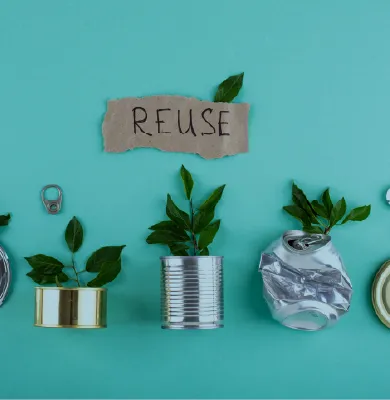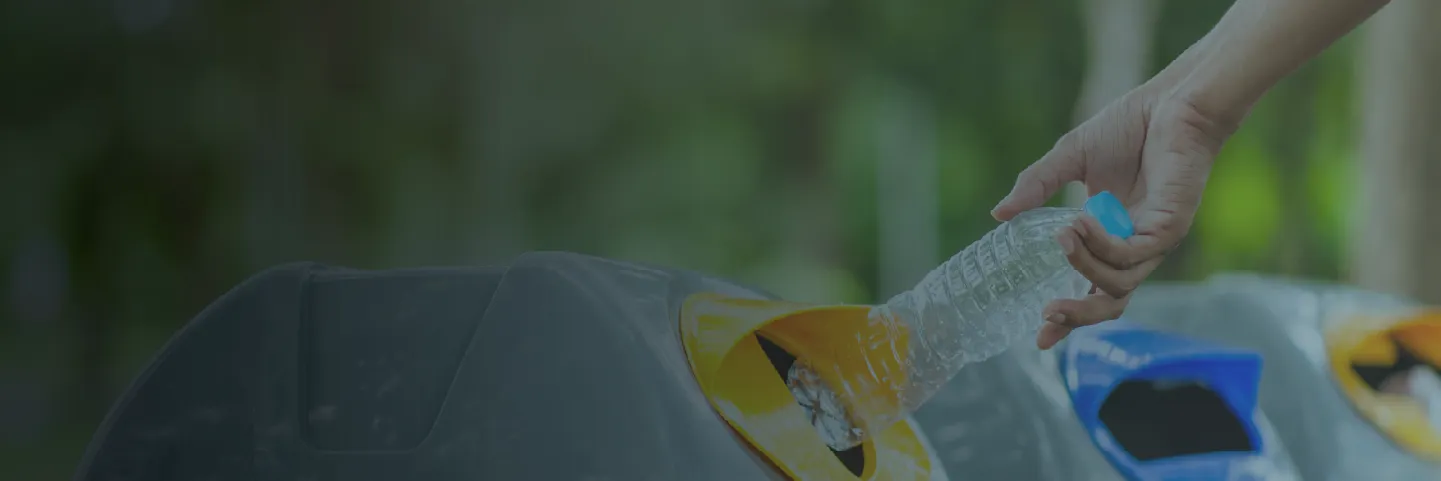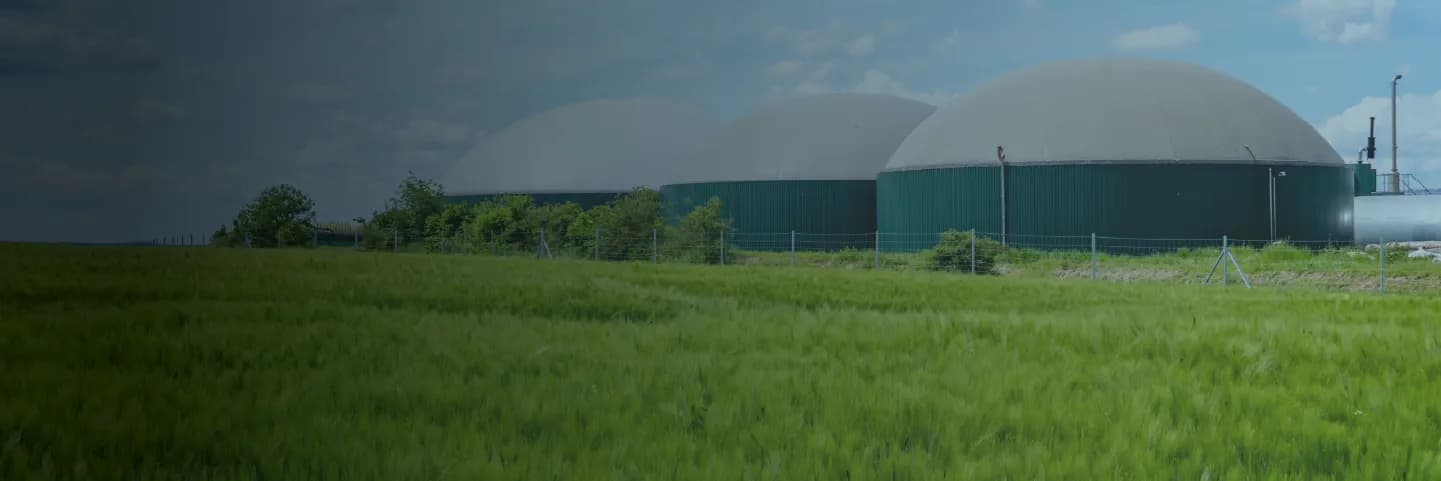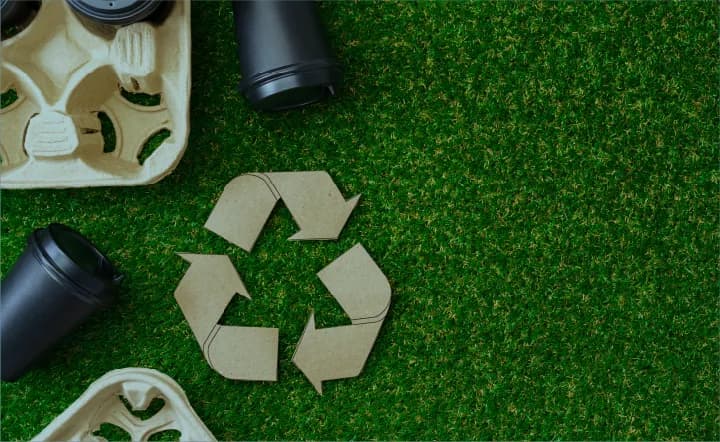Work/Carbon Projects/Circular Economy
Circular Economy
A circular economy focuses on minimizing waste and maximizing resource efficiency. By recycling, repurposing, and recovering materials, we can reduce our environmental impact and create a more sustainable future.
Why is a Circular Economy important?
A circular economy reduces environmental impact, conserves resources, and promotes economic resilience by transforming waste into valuable resources and fostering sustainable production and consumption patterns.

Program Overview
The circular economy program promotes sustainable practices by designing for durability, encouraging recycling and reuse, and implementing policies that support waste reduction. It involves collaboration between businesses, governments, and communities to create a regenerative economic system.Registries We Work With
Our Circular Economy Services
Our major activities to combat climate change and environmental damage through several mitigation options are:

Plastic Waste Diversion from Landfill, Recycling & Repurposing

Biogas Generation from Organic Waste

Biomass to Biofuel Projects
Frequently Asked Questions
What is a circular economy?
A circular economy is an economic model that aims to minimize waste and maximize resource efficiency by keeping materials and products in use for as long as possible. It is a departure from the traditional linear economy, where resources are extracted, used, and then discarded as waste.
What are key principles of a circular economy?
These key principles include reduce, reuse, recycle, durability and design for longevity, renewable energy and collaborative consumption.
Our Unique Climate Solutions

Achieve your Sustainability Goals with ProClime.
Design for longevity, maximize resource efficiency, and close the loop. Talk to Our Experts

